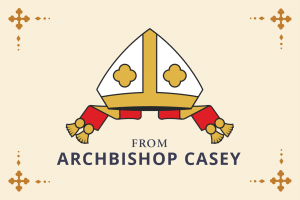Download PDF Version – English | Download PDF Version – Spanish
We have all heard the phrase, “It takes a village to raise a child”—and for good reason. Over the millennia, members of a given community have assisted each other in the formation and development of their youth to ensure that each learns the skills necessary to contribute to the common good. As we prepare to usher in another academic year, it is fitting for us to reflect on education as the Church understands it.
A good source for such reflections is the set of principles laid out in the Code of Canon Law. Some might think Church law is mere legalism; in fact, it is “juridic theology”—applying the foundational realities of our faith to all aspects of Church life and, in the process, delineating the rights and obligations of Church members with respect to our various roles and states of life. The third main section of the Code is devoted to the teaching function of the Church, and we find there, among other things, the basic premise that education, while being primarily the responsibility of parents, is a collaborative work.
The opening words to this section state, “Parents and those who take their place are bound by the obligation and possess the right of educating their offspring” (canon 793). With these words the Church beautifully recognizes the role parents are entrusted to fulfill in raising their children. This flows directly from one of the ends of marriage: the procreation and education of children. Parents participate in the Creator’s work of bringing life into this world, and they also share in His work of bringing that life to its perfection in eternity. Parents are free to choose the means of educating their children and are equally free to select the institutions which can assist them in fulfilling this responsibility.
Education is a collaborative work because it aims for “complete formation of the human person that looks to his or her final end as well as to the common good of societies” (canon 795). Whether parents choose to send their children to a school—Catholic, public or private—or to homeschool, they rely on the assistance of others to help mold their sons and daughters into disciples of Jesus Christ equipped to live out the Gospel in whatever field of work they eventually pursue.
The Church’s pastors are chief among those who assist parents in this responsibility. In their parishes, pastors are to arrange all that is necessary for the education and formation of young people (cf. canon 794). In many cases, with the assistance of a principal, they oversee the operations of a school. Pastors typically also provide additional parish-based opportunities for faith instruction.
Teachers and catechists exercise an incredible ministry for the benefit of young people. These individuals, aware of the commission they accept to form their students into faithful Christian disciples, are called to be “outstanding in correct doctrine, the witness of a Christian life, and teaching skill” (canon 804).
Thus, parents are not alone in raising and educating their children; the entire Christian community has a part to play in this process. Pastors, principals and teachers directly assist parents in fulfilling their responsibility to educate their children. The rest of the Christian faithful are called to fortify the work of schools, teachers and parents through prayer and financial support of the institutions the Church has established to carry out this task (cf. canon 800). Therefore, let us begin this academic year more deeply aware of the call we each have to empower the teaching function of the Church and so spread the Gospel from generation to generation.


